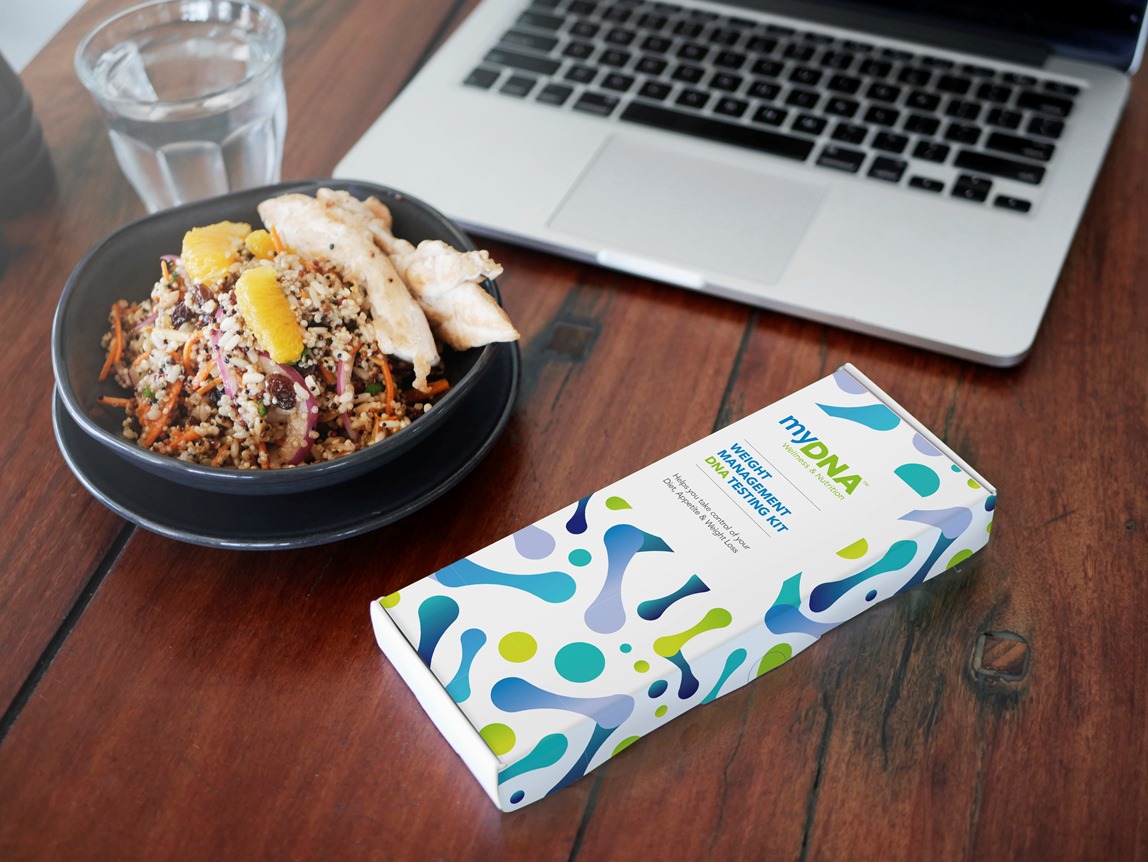
What is a DNA test and how can it help in achieving fitness goals?
A DNA test can evaluate specific genetic profiles that have been researched and scientifically linked to fitness and nutrition outcomes.
For example, there is a specific genetic profile associated with how well the body will use fat as a fuel source during cardio. This helps a personal trainer give more targeted guidelines on how long a client should be doing cardio sessions and whether or not it’s important for them to do this workout in a semi-fasted state. Similarly, clients will vary on how well their body utilizes protein, carbs, and fats.
If a client knows, for example, that they have a high tendency for protein utilization, this means the client is more efficient at using protein for both increasing muscle tissue and as an energy resource. In these instances, research shows these individuals will lose more weight on a slightly elevated protein intake diet (not necessarily a low-carb diet though).
Are all fitness professionals well-informed about this method?
DNA testing is an emerging technology and its presence in the fitness and nutrition market is new. Not all fitness professionals have this information and clients should seek out personal trainers or nutritionists who have an ISSA DNA-Based Program Design certification.
These professionals have learned about over 30 genetic profiles linked to nutrition and exercise. They have also learned how the outcomes of these traits impact what a client should eat and how they should be exercising in order to achieve their goals.
Does one have to follow some rules to undergo DNA testing?
There are no rules surrounding DNA testing.
- A client has to swab the inside of his/her cheek for 60 seconds and send in the sample.
- The sample is linked to a test ID number, rather than their name, and the sample is destroyed after analysis.
- Then, the fitness and nutrition professional receives the results and reviews the analysis with you to help guide your program development.
Does the research have restrictions and what is the success rate?
The research is extensive and the success rate varies based on the genetic profile tested and the intervention applied. Holistically, the research shows that people who follow a DNA-based program are more likely to stick with their recommendations and are therefore more likely to see success.
It’s hypothesized that once a client knows what their true limitations and potentials are, it helps them feel like they have more control over the outcomes of their exercise and diet efforts. Consequently, they’re more likely to follow the recommendations personally tailored to them.
Elaborate how customized plans can be draw up with these test?
Point should address this, however here are some additional profiles evaluated:
- Intrinsic motivation levels
- Cholesterol response to cardio
- Power or endurance potential
- Systemic inflammation tendency